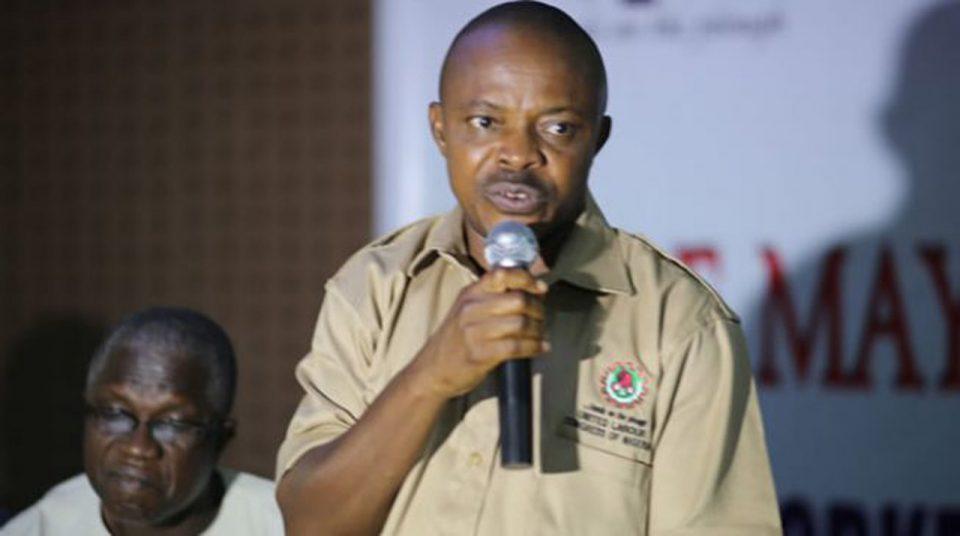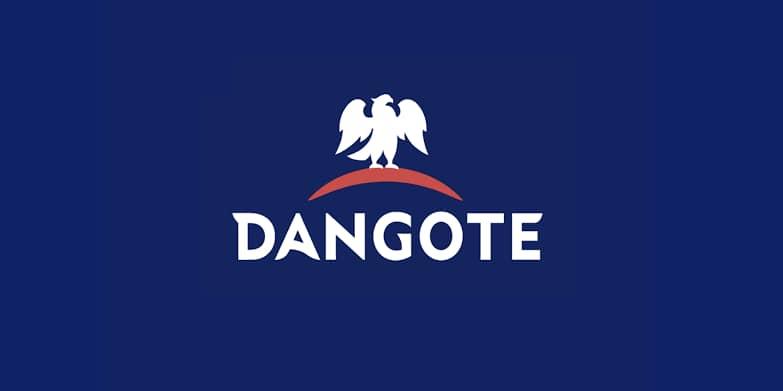The Nigeria Labour Congress (NLC) president, Mr Joe Ajaero has stated that no governor has the power to ban the union. He noted that the NLC falls under the executive legislative list in the constitution.
He said, “Let me say here, union practice falls under the exclusive legislative list in the Constitution. No governor has the power to ban them, you don’t ban what you don’t have control over.
“Unions are registered nationally by the Registrar of Trade Unions. For administrative convenience, they may choose to have branches in states, so what are you now banning?”
Meanwhile, the NLC president was in Kogi State to deliver and inaugurate 10 Compressed Natural Gas buses provided by the state capital of the congress to ease transportation. Ajaero also lamented the absence of state governors in the state zones he has visited.
The NLC president also lamented that most governors now abandon their state to live permanently in Abuja, while the people they are supposed to govern are facing hardship.
Ajaero said, “However, there is a problem we are having in trends because most governors are now living permanently in Abuja. We have moved to about five zones, Kogi is about the fifth zone. We have met governors in only one state. Each time you go there, they are in Abuja and this is affecting governance.
“I think we should be able to manage the centre and the units, so people will have the feeling of democracy, the dividend of democracy so that people can talk to their leaders.
“So, if we capture all these things, the information you are going to give us will be conditional if the governor is around. If he’s around, we will convey your information to him. If he’s not around, whosoever he’s going to send, we pass it to him.”
He said that Kogi state was strategic to the need of its people because the state had union leaders as governor and deputy governor. Gov. Usman Ododo was one of Ajero’s official in Niger State and the deputy was an official of NUT.
He said, “So, we want to make this as a town hall meeting to listen to you to know what has been done and what has not been done properly, so we take it to them.
“To us, it is like homecoming. We want to come and interact with them to find out whether they are doing those things we are criticising others for.”









